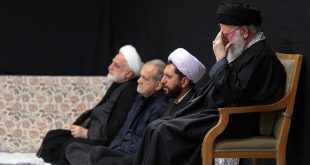This article presents some preliminary thoughts on funding research primarily in Islamic economics.
It bases its proposals on the fact that despite more than 30 years of research and publications in the area of Islamic economics and finance, the overwhelming proportion of attention has been given to the latter, with research in Islamic economics not keeping up, in both total number of researchers and funding sources and allocation. The paper highlights the need to allocate resources, both human and financial, to more fundamental research in Islamic economics as these foundational areas have not been sufficiently researched. The paper also argues, citing the experience of western economics that without sufficient attention on these foundations, applied areas including finance, will also be adversely affected in the long run. Data from Malaysia is used to support this main thesis that much more needs to be done to support research in Islamic economics. The paper also highlights the need to establish an International Fund for Research in Islamic Economics (IFRIE) and discusses possible features, sources scope and priority research areas, types of funds combined with proposals to ensure that the fund is administered efficiently. The paper ends with calls for immediate action in the setting up of a joint international Islamic economics Research Council to oversee the development and management of the proposed fund.
Bibliographic Information
Title: Funding Research in Islamic Economics and Finance
Authors: Mohamed Aslam Haneef
Published in: Contributions of the Last Six Conferences
Language: English
Length: 14 pages
Pub. Date: 2008
 Ijtihad Network Being Wise and Faithful Muslim in the Contemporary World
Ijtihad Network Being Wise and Faithful Muslim in the Contemporary World

